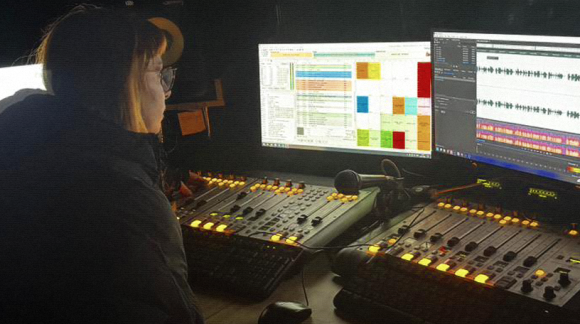The international human rights organization Reporters Without Borders (RSF) urged the Ukrainian authorities not to hinder the work of journalists in the field and to remove all obstacles to the work of the press.
RSF published their statement on July 1, Chytomo reports.
“Restrictions linked to national security are legitimate but must be proportionate. In view of the interference observed in the field, we urge the Ukrainian government to issue clear directives on reporting conditions and to ensure that they are respected by all the forces involved,” said the head of RSF’s Eastern Europe and Central Asia desk Jeanne Cavelier.
RSF notes that the Ukrainian authorities have accredited 9 thousand local and foreign journalists for covering the upcoming war. All of them undertake to follow certain rules: not revealing the names of units or their location, not filming military installations, waiting several hours before reporting a missile strike or bombardment, and coordinating their movements in combat zones with the armed forces, etc.
In a Telegram post on 28 June, adviser to President of Ukraine Mykhailo Podolyak referred to “enormous risks” linked to media reporting, called for “responsibility” and stressed the need for “self-regulation” by journalists. As an investigation by the Centre for Information Resilience has shown, the russian armed forces are indeed able to use information published by the media to carry out targeted attacks.
But, RSF states, although national security requires the protection of strategic information, unjustified obstacles to the production of reliable and objective reporting persist in the field. “The Ukrainian authorities see foreign journalists as influence relays rather than information vehicles. I was detained for several hours by local militias and then interrogated by the SBU over harmless photos, although my accreditation was in order,” an anonymous reporter said to RSF.
Reporters Without Borders stress that the only way for journalists to work is to accompany the Ukrainian armed forces. But even journalists who agree to this are liable to find Ukrainian military press officers adopting a confusing selective approach, arbitrarily deciding to take a local blogger to visit a strategic location while refusing to take reporters from international news agencies.
As IMI reported, on March 28, Ukrainian and foreign journalists, as well as media and public organizations and movements, called on the authorities to immediately take all measures to stop the harassment of journalists and develop transparent rules for covering russian shelling attacks.
In April, a joint statement was issued by the Ministry of Culture and Information Policy of Ukraine, the Ministry of Defense of Ukraine, and mass media representatives, which says that journalists can post photos and videos of military objects 12 hours after the end of hostilities, and those of civilian objects after 3 hours.

